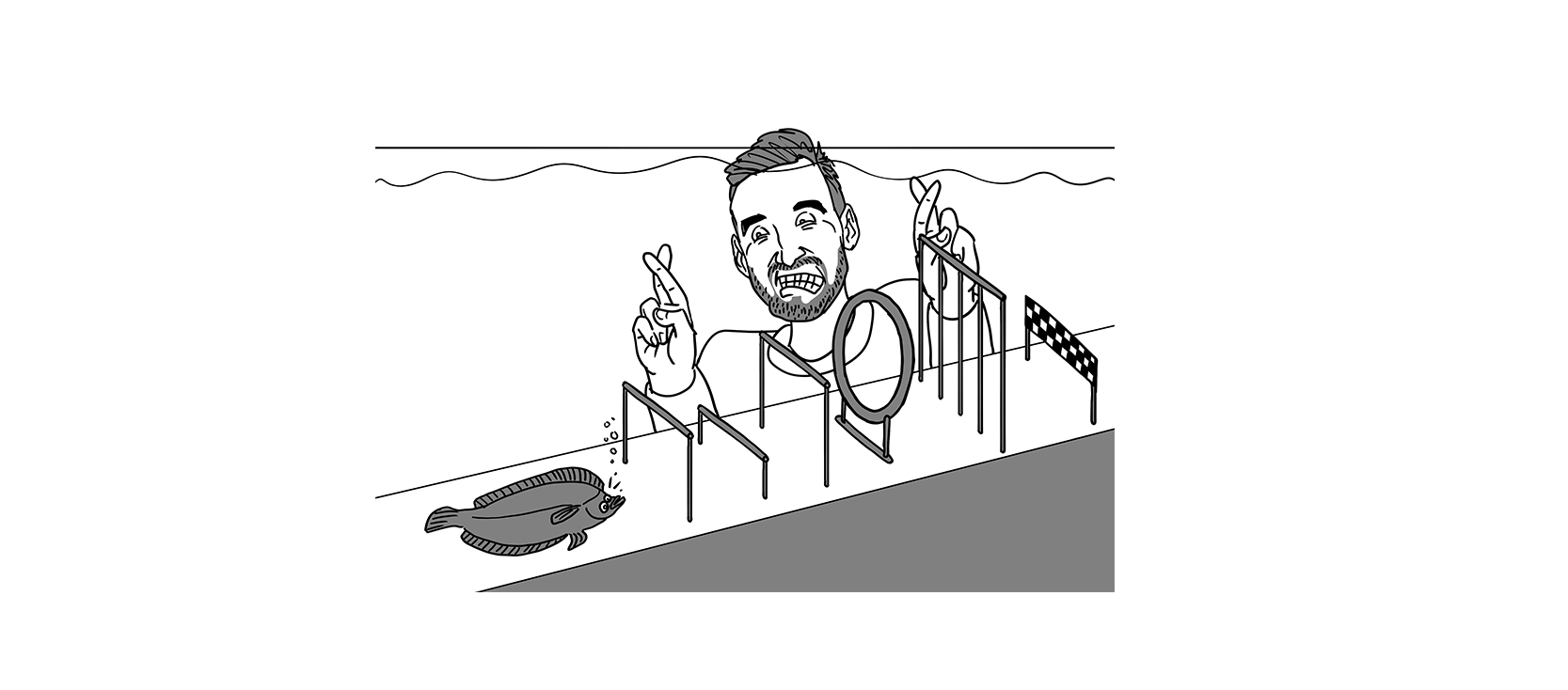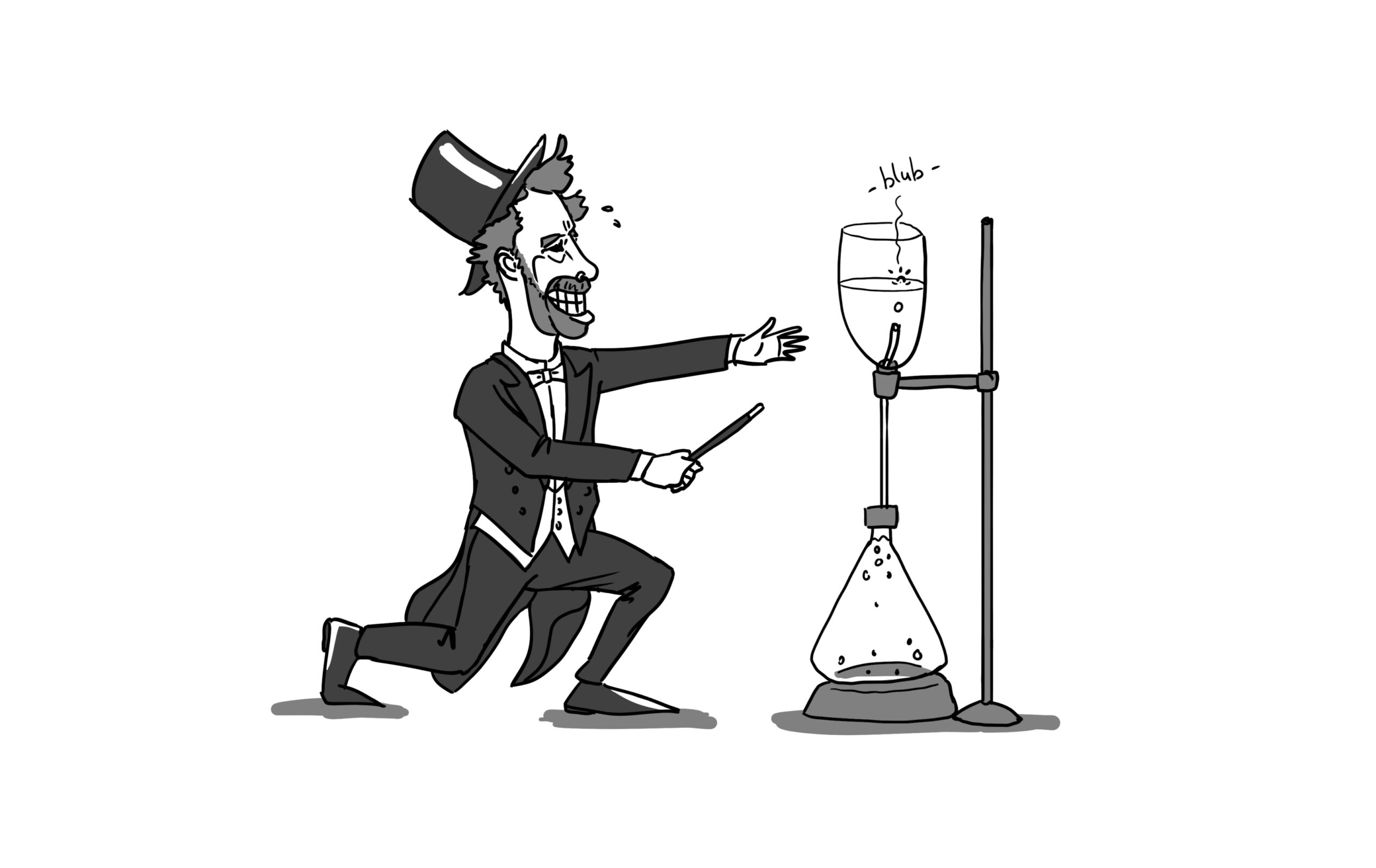A failed experiment, an error in your model, a rejected article: in academia such things tend to be labelled failures. As for talking about failure? Not done! But that’s just what WUR co-workers do in this regular feature, ‘You win some, you lose some’. Because failure can be useful. In this instalment, we hear from Sylvia Brugman, associate professor in Animal Sciences.
‘While I was working on my PhD, I got some very nice results from an experiment. I was doing research on type I diabetes in rats. The rats developed diabetes naturally and my goal was to prevent them from developing the disease. Because I wanted to know whether microbiota played a role, I added antibiotics to their water bottle. With success: on antibiotics, the rats didn’t develop diabetes, or only much later.
That was fantastic, but it was only one experiment. Of course, as a good scientist, I wanted to repeat it, but these results were so clear, it surely couldn’t go wrong. At the time, the animal carers were renovating the room where the trial took place. To my surprise, when I repeated the experiment, I saw no effect at all. I was totally baffled.
I still often lie in bed worrying about work
I had already been imagining the major publication that would come out of it, and now I was doubting those wonderful results and myself. Eight months had gone by and suddenly I had no results. It was getting towards the end of my PhD project, so it was stressful.
At home, I couldn’t get it out of my head. Until a week later, when I woke up at night and thought: the animal carers acidified the water against limescale in the bottles. That had probably killed my antibiotics. I couldn’t repeat my experiment, but a quick test of the water confirmed my suspicions. It taught me that no matter how hard you try, you can’t control everything.
I still often lie in bed worrying about work, and I wake up at night two to three times a week. When I do, I write down what comes to mind in a book next to my bed. I’m lucky that I don’t forget things easily, but that has its pros and cons. The downside is, I can’t switch off. Tips are welcome.’

 Illustratie Stijn Schreven
Illustratie Stijn Schreven 

